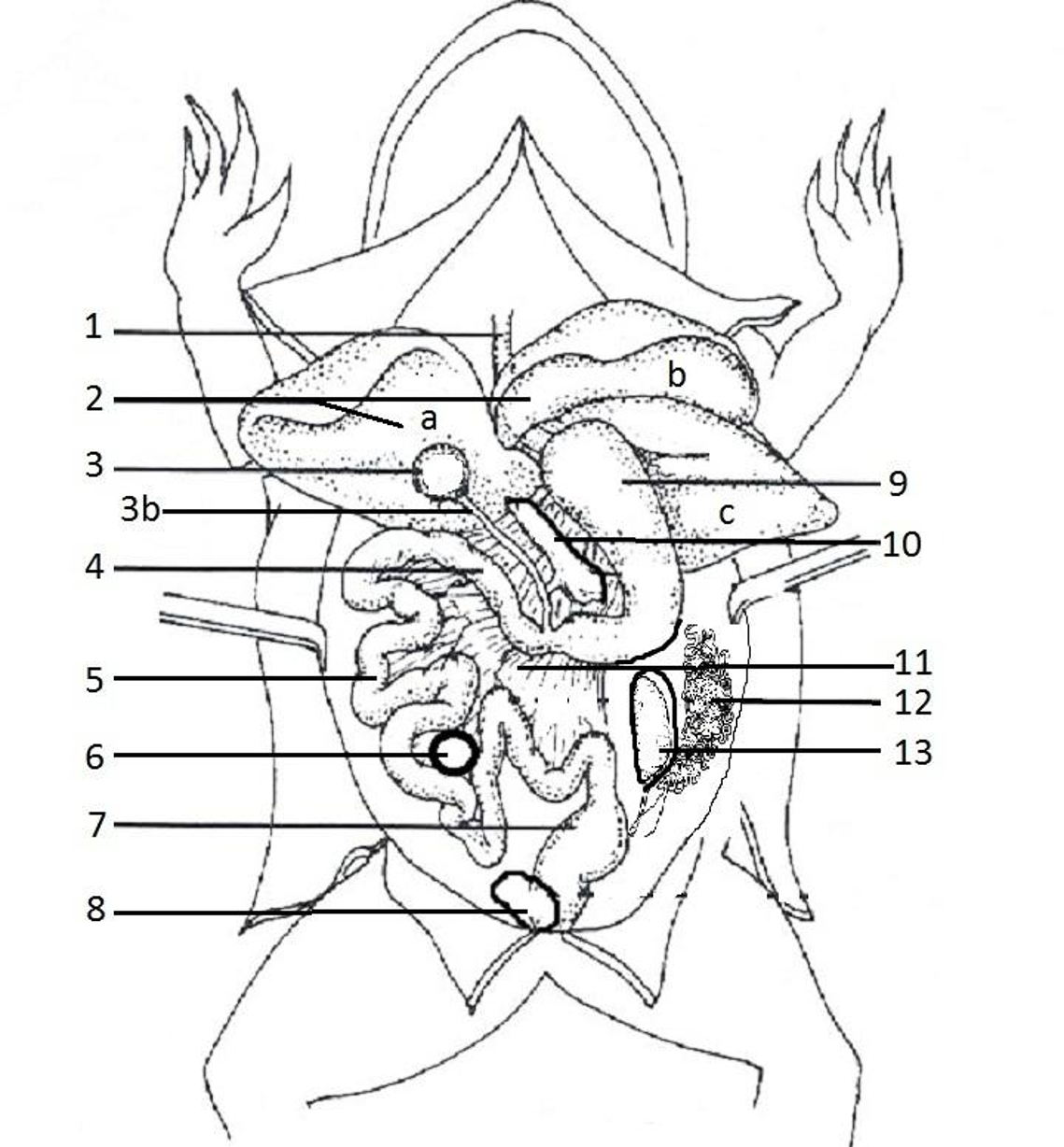Why do scientist study volcanoes
Why Do Scientist Study Volcanoes. Why do the volcanoes in auckland look different to the volcanoes in the central north island. Does one cause the other. Why do scientists study the bottoms of lakes and swamps to learn about volcanic activity. Scientist study volcanoes because they can try and pridict when they will errupt and save peoples lives by letting them know.
 Real Jobs What Does A Volcanologist Do Dk Find Out From dkfindout.com
Real Jobs What Does A Volcanologist Do Dk Find Out From dkfindout.com
Scientist study volcanoes because they can try and pridict when they will errupt and save peoples lives by letting them know. Study the volcano s past. Scientists already knew that lava bubbles form and contribute to the. A volcanologist is a geologist who studies the eruptive activity and formation of volcanoes and their current and historic eruptions. For volcanologists they re fun to work on. These observatories monitor the world s volcanoes.
Reading rock core samples.
Reading rock core samples. Scientist study volcanoes because they can try and pridict when they will errupt and save peoples lives by letting them know. Plate tectonics volcanoes and earthquakes. These observatories monitor the world s volcanoes. Volcanologists use many different kinds of tools including instruments that detect and record earthquakes seismometers and seimographs instruments that measure ground deformation edm leveling gps tilt instruments that detect and measure volcanic gases cospec instruments that determine how much lava is moving underground vlf em 31 video and still cameras infrared cameras satellite imagers webcams etc. Usgs scientists try hard to understand the risk inherent in any situation then train.
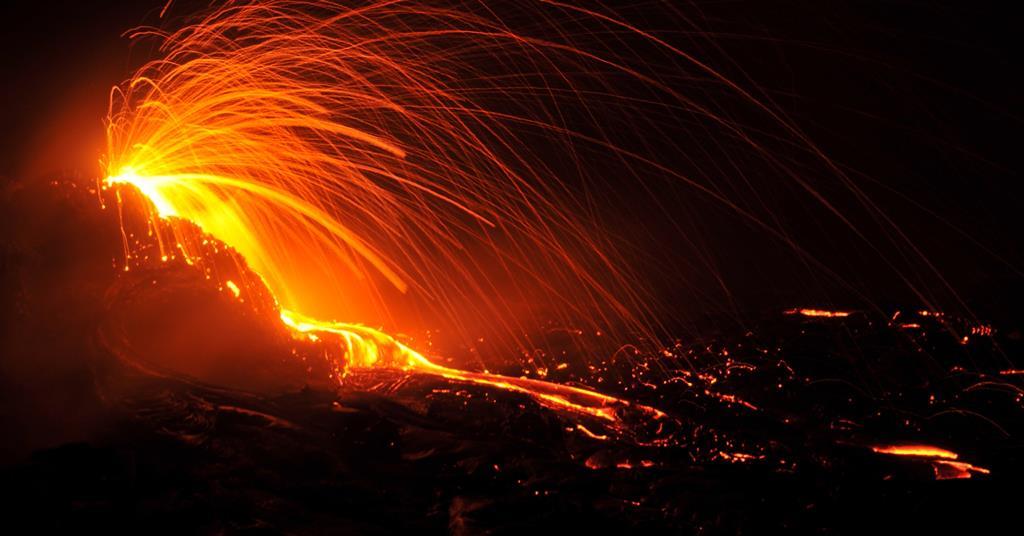 Source: edu.rsc.org
Source: edu.rsc.org
One major focus of enquiry is the prediction of eruptions. They study active volcanoes during eruptions. Some scientist are interested in how volcanoes errupt and how they form. Are earthquakes and volcanoes related. Volcanoes are inherently beautiful places where forces of nature combine to produce awesome events and spectacular landscapes.
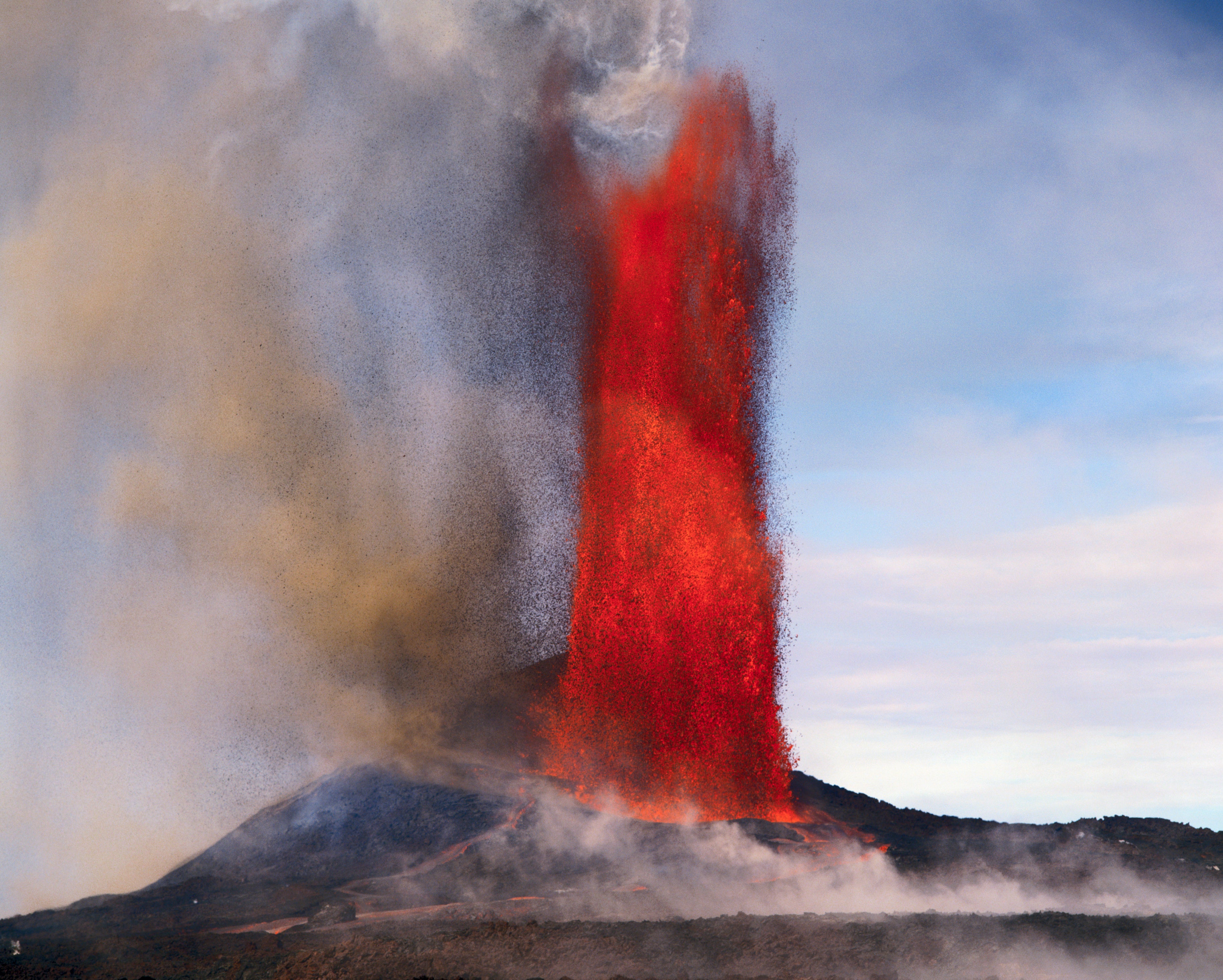 Source: scientificamerican.com
Source: scientificamerican.com
Does one cause the other. Some scientist are interested in how volcanoes errupt and how they form. Scientist study volcanoes because they can try and pridict when they will errupt and save peoples lives by letting them know. Are earthquakes and volcanoes related. Some scientist are interested in how volcanoes errupt and how they form.
 Source: smithsonianmag.com
Source: smithsonianmag.com
Some scientist are interested in how volcanoes errupt and how they form. The main purpose of the monitoring is to learn when new magma is rising in the volcano that could lead to an eruption. These observatories monitor the world s volcanoes. They study active volcanoes during eruptions. Why do scientists study the bottoms of lakes and swamps to learn about volcanic activity.
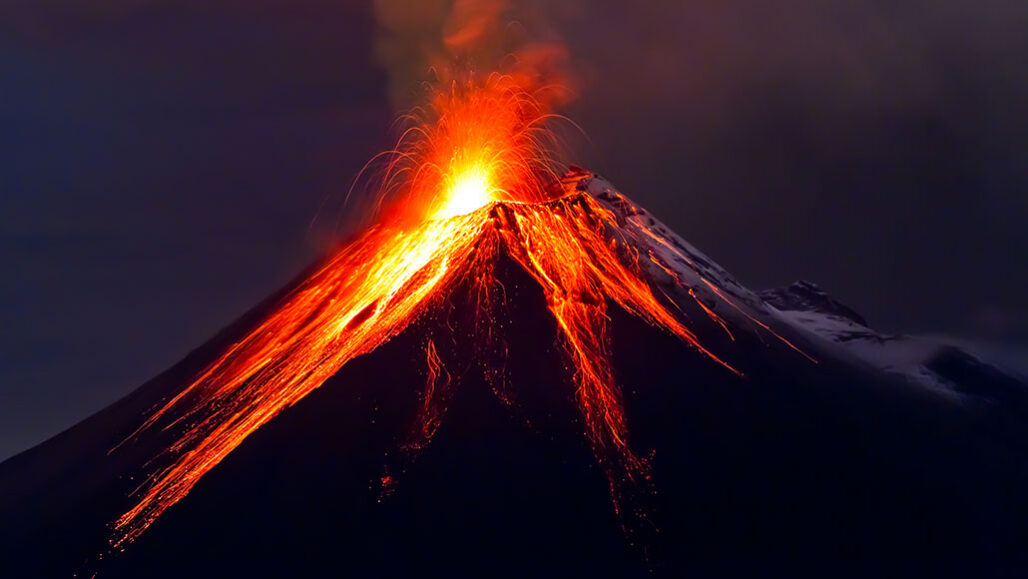 Source: sciencenewsforstudents.org
Source: sciencenewsforstudents.org
Scientist study volcanoes because they can try and pridict when they will errupt and save peoples lives by letting them know. Scientists examine geologic deposits to learn about past eruptions which can give important clues to what a volcano may do in the future. These observatories monitor the world s volcanoes. Some scientist are interested in how volcanoes errupt and how they form. Volcanologists use many different kinds of tools including instruments that detect and record earthquakes seismometers and seimographs instruments that measure ground deformation edm leveling gps tilt instruments that detect and measure volcanic gases cospec instruments that determine how much lava is moving underground vlf em 31 video and still cameras infrared cameras satellite imagers webcams etc.
 Source: en.wikibooks.org
Source: en.wikibooks.org
Are earthquakes and volcanoes related. These observatories monitor the world s volcanoes. Reading rock core samples. Study the volcano s past. Why do scientists study the bottoms of lakes and swamps to learn about volcanic activity.
 Source: npr.org
Source: npr.org
Why do the volcanoes in auckland look different to the volcanoes in the central north island. They look for dormant volcanoes ready to erupt by watching for changes like new cracks in the. A volcanologist is a geologist who studies the eruptive activity and formation of volcanoes and their current and historic eruptions. Volcanoes are inherently beautiful places where forces of nature combine to produce awesome events and spectacular landscapes. The main purpose of the monitoring is to learn when new magma is rising in the volcano that could lead to an eruption.
 Source: en.wikipedia.org
Source: en.wikipedia.org
Volcanologists frequently visit volcanoes especially active ones to observe volcanic eruptions collect eruptive products including tephra such as ash or pumice rock and lava samples. Does one cause the other. Scientists already knew that lava bubbles form and contribute to the. Plate tectonics volcanoes and earthquakes. For volcanologists they re fun to work on.
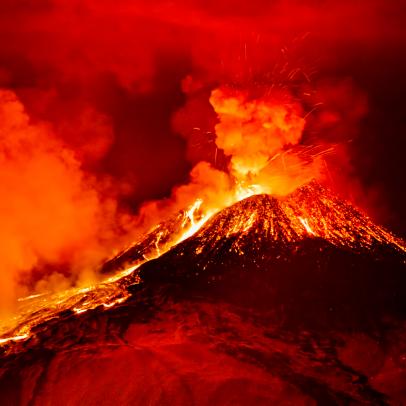 Source: discovery.com
Source: discovery.com
Scientists examine geologic deposits to learn about past eruptions which can give important clues to what a volcano may do in the future. Some scientist are interested in how volcanoes errupt and how they form. Some scientist are interested in how volcanoes errupt and how they form. While still a graduate student carey created a historic model for the buildup and eruption of the icelandic volcano askja. A volcanologist is a geologist who studies the eruptive activity and formation of volcanoes and their current and historic eruptions.
 Source: volcano.oregonstate.edu
Source: volcano.oregonstate.edu
They study active volcanoes during eruptions. The main purpose of the monitoring is to learn when new magma is rising in the volcano that could lead to an eruption. While still a graduate student carey created a historic model for the buildup and eruption of the icelandic volcano askja. Are earthquakes and volcanoes related. Plate tectonics volcanoes and earthquakes.
 Source: volcano.oregonstate.edu
Source: volcano.oregonstate.edu
Usgs scientists try hard to understand the risk inherent in any situation then train. Scientists examine geologic deposits to learn about past eruptions which can give important clues to what a volcano may do in the future. Why do scientists study the bottoms of lakes and swamps to learn about volcanic activity. They look for dormant volcanoes ready to erupt by watching for changes like new cracks in the. These observatories monitor the world s volcanoes.
 Source: slideplayer.com
Source: slideplayer.com
There is currently no accurate way to do this but predicting eruptions like predicting earthquakes could save. A volcanologist is a geologist who studies the eruptive activity and formation of volcanoes and their current and historic eruptions. Some scientist are interested in how volcanoes errupt and how they form. Reading rock core samples. Scientists examine geologic deposits to learn about past eruptions which can give important clues to what a volcano may do in the future.
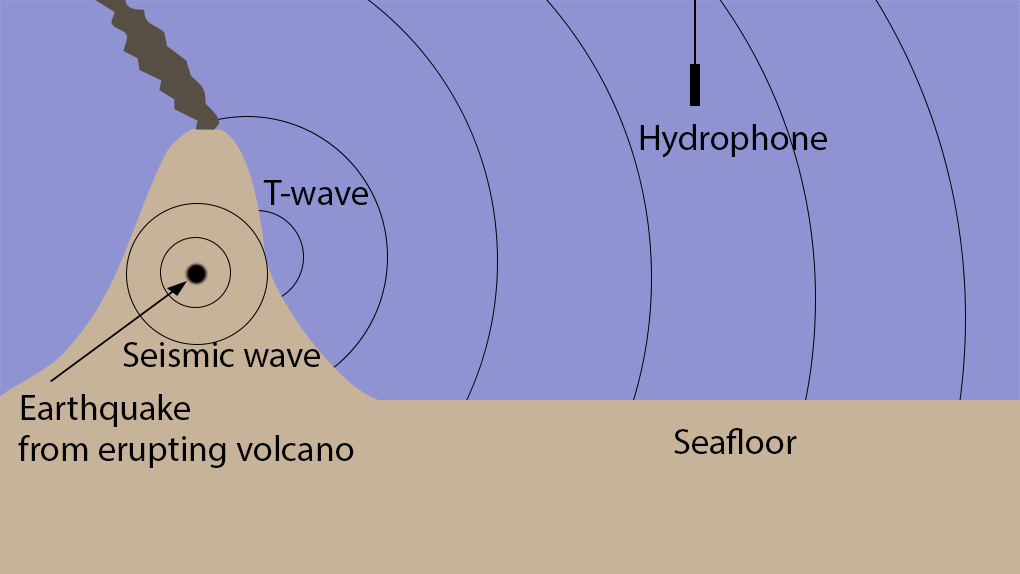 Source: dosits.org
Source: dosits.org
Reading rock core samples. Scientist study volcanoes because they can try and pridict when they will errupt and save peoples lives by letting them know. Volcanologists frequently visit volcanoes especially active ones to observe volcanic eruptions collect eruptive products including tephra such as ash or pumice rock and lava samples. Does one cause the other. They look for dormant volcanoes ready to erupt by watching for changes like new cracks in the.
 Source: smithsonianmag.com
Source: smithsonianmag.com
Some scientist are interested in how volcanoes errupt and how they form. Are earthquakes and volcanoes related. For volcanologists they re fun to work on. Plate tectonics volcanoes and earthquakes. Scientists already knew that lava bubbles form and contribute to the.
 Source: dkfindout.com
Source: dkfindout.com
They look for dormant volcanoes ready to erupt by watching for changes like new cracks in the. Some scientist are interested in how volcanoes errupt and how they form. Are earthquakes and volcanoes related. Usgs scientists try hard to understand the risk inherent in any situation then train. Volcanologists frequently visit volcanoes especially active ones to observe volcanic eruptions collect eruptive products including tephra such as ash or pumice rock and lava samples.
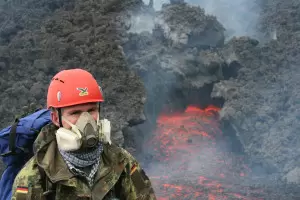 Source: environmentalscience.org
Source: environmentalscience.org
Safety is however always the primary concern because volcanoes can be dangerous places. Scientist study volcanoes because they can try and pridict when they will errupt and save peoples lives by letting them know. These observatories monitor the world s volcanoes. Safety is however always the primary concern because volcanoes can be dangerous places. Are earthquakes and volcanoes related.
If you find this site serviceableness, please support us by sharing this posts to your preference social media accounts like Facebook, Instagram and so on or you can also save this blog page with the title why do scientist study volcanoes by using Ctrl + D for devices a laptop with a Windows operating system or Command + D for laptops with an Apple operating system. If you use a smartphone, you can also use the drawer menu of the browser you are using. Whether it’s a Windows, Mac, iOS or Android operating system, you will still be able to bookmark this website.
